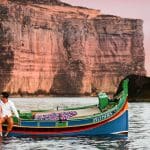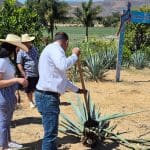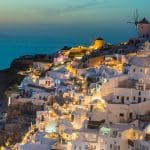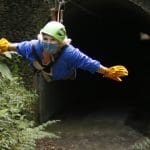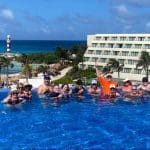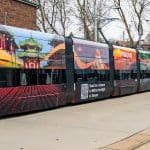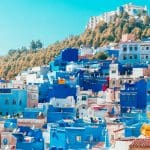Site was closed because of political unrest
IAN STALKER
A tour operators with a history of sending clients to Peru has carefully restarted its Peru program following political unrest resulting from the removal of the country’s president late last year, unrest that led to disrupted travel within much of the country, with some visitors to storied Machu Picchu being stranded there for days in December as transportation from the site was temporarily blocked.
NARAT’s Renata Snidr said Peru has been a long-served tour NARAT destination that saw its tourism curtailed by pandemic restrictions and has now had to deal with civil unrest brought by the impeachment of the previous president, which “without doubt has impeded the recovery of our Peruvian tour operations. Due to customer safety concerns and in-destination infrastructure suspensions, NARAT had paused its Peru programs operating December and January. Participants booked on NARAT tours were provided the option of transferring to other NARAT tours of the same value or receiving refunds.
“NARAT has cautiously resumed some travel operations to the destination since mid-February in consultation with local partners and through careful review of the Tourist Protection Network enacted by the Peruvian government. Still, key traditional touristic areas such as Ica, Arequipa, and Puno, which also accesses Lake Titicaca, have not yet been resumed by the company.”
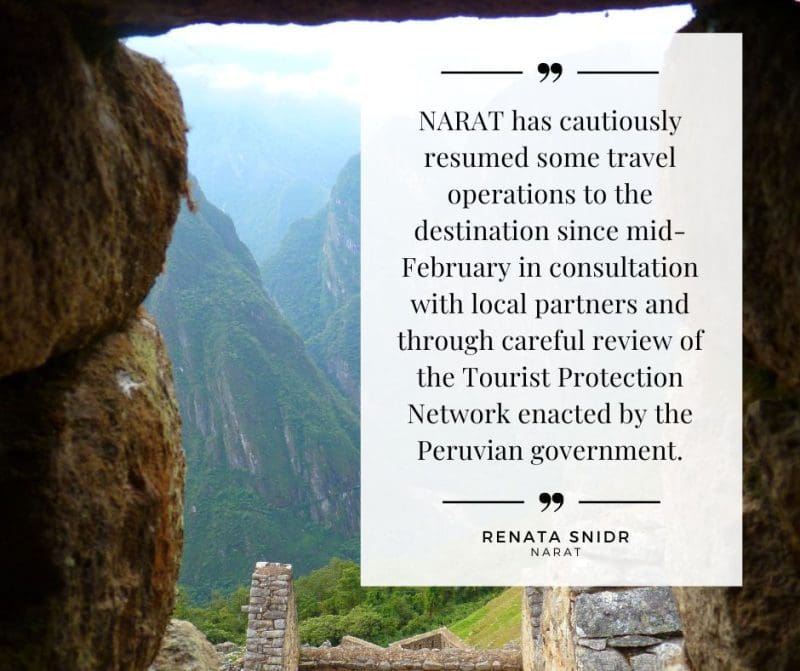
Snidr said the federal government’s current advisory against Peru travel further hinders tour operator sales.
“This being said, certain segments of Canadian travel consumers are not fazed by the advisory, where the travel appeal to Peru is more significant than the advisory,” she said. “Of course, the decision to travel in these circumstances is entirely up to the consumer. We communicate the importance of including travel insurance for all agencies reserving NARAT Peruvian tours. Travel insurance purchased with NARAT is comprehensive in case of any trip disruption caused by unforeseen circumstance change, which is important, as not all insurance policies are the same.”
Snidr labeled Machu Picchu among the “premier visitor attractions of South America. It is not only an indispensable highlight of NARAT’s Peru programs; but an integral component for sales of popular South American combo tours, featuring two or more countries, including Peru. The closure of Machu Picchu therein impacted product sales beyond Peru. The reopening of Machu Picchu and resumption of PeruRail services to Aguas Calientes to visit the UNESCO attraction has been encouraging news.”
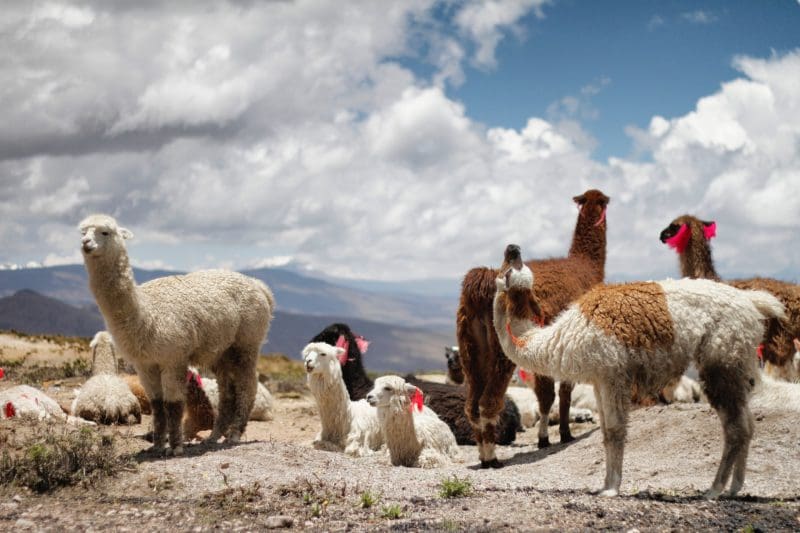
NARAT isn’t now taking reservations for the Machu Picchu Inca Trail trek. However, January and February are typically low sales periods for the trek as those months constitute the rainy season. “Therefore there is marginal impact for the company,” Snidr stated.
Juan Carlos Jouvin of Polo Travel agrees that travel to Peru has fallen in the past couple of months but is welcoming the reopening of roads that had been closed.
As a rule, “Peru is a big destination,” he added.
Meanwhile, Peruvian hotels are looking forward to a tourism rebound, and have taken steps to reassure guests.
Country Club Lima Hotel — found in Lima — said, “As Machu Picchu reopens and travellers start booking or rebooking their journeys of a lifetime that may have been postponed due to the country’s recent political unrest, Country Club Lima Hotel, a celebrated oasis in the middle of the city that is a perfect symbiosis of the glamour of the past and cutting edge of the present, shines a light on its VIP offerings to ensure guest safety and peace of mind.
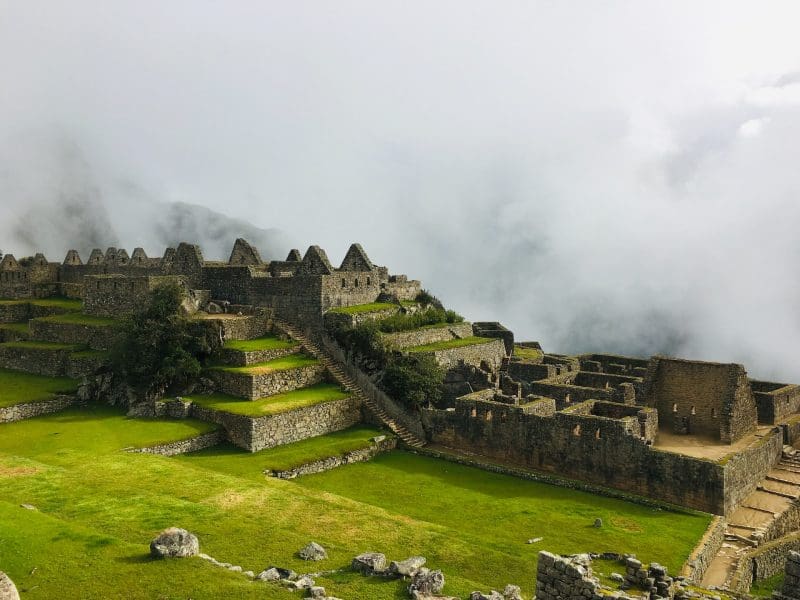
Country Club Lima guests can enjoy VIP access to ultra secure restaurant reservations and tables, private guides for visiting museums and attractions after hours to avoid crowds, and a VIP driver throughout their stay to ensure safety throughout all activities and transfers. The hotel will also help guests plan and reorganize travel within Peru as needed to best meet their needs, while keeping them safe.”
Inkaterra, which has hotels in Andean Peru and the jungle, welcomed Machu Picchu’s return to the tourism circuit.
“This week’s reopening of Machu Picchu after a period of political ferment in Peru, is very encouraging and we already see overseas tourists traveling from Cusco and the Sacred Valley to what is arguably the most important archeological site in South America,” Jose Koechlin, founder and CEO of Inkaterra, said in a Feb. 17 statement.
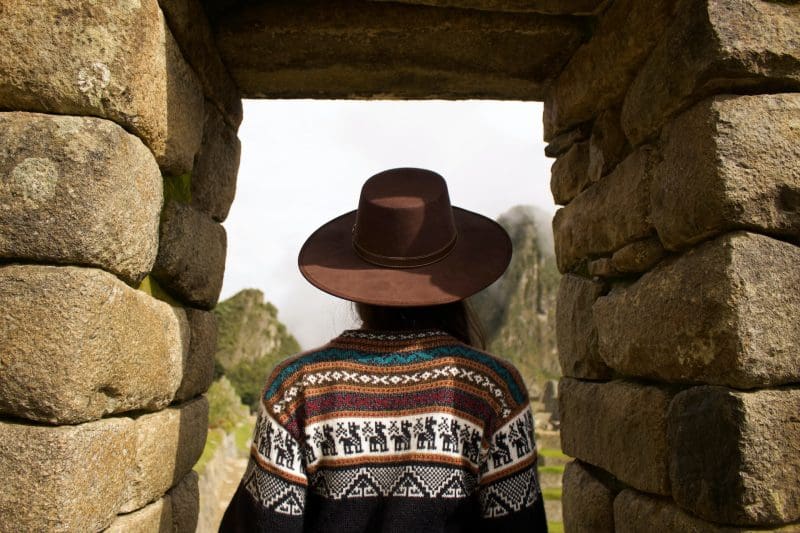
Inkaterra’s Machu Picchu Pueblo Hotel is the largest property in Machu Picchu Pueblo/Agua Calientes, the mountaintop village from which the site is accessed. Additional elements of the traditional circuit of Peru include two additional and exclusive Inkaterra properties: the boutique Inkaterra La Casona in Cusco, and the lavish Inkaterra Hacienda Urubamba in the Sacred Valley.
Found on a tributary of the Amazon at Puerto Maldonado, the Inkaterra Reserva Amazonica is also operating normally.
“We see light at the end of the tunnel with respect to the political situation in Peru,” Koechlin commented, “and we expect the flow of tourists to return shortly to normal.”

